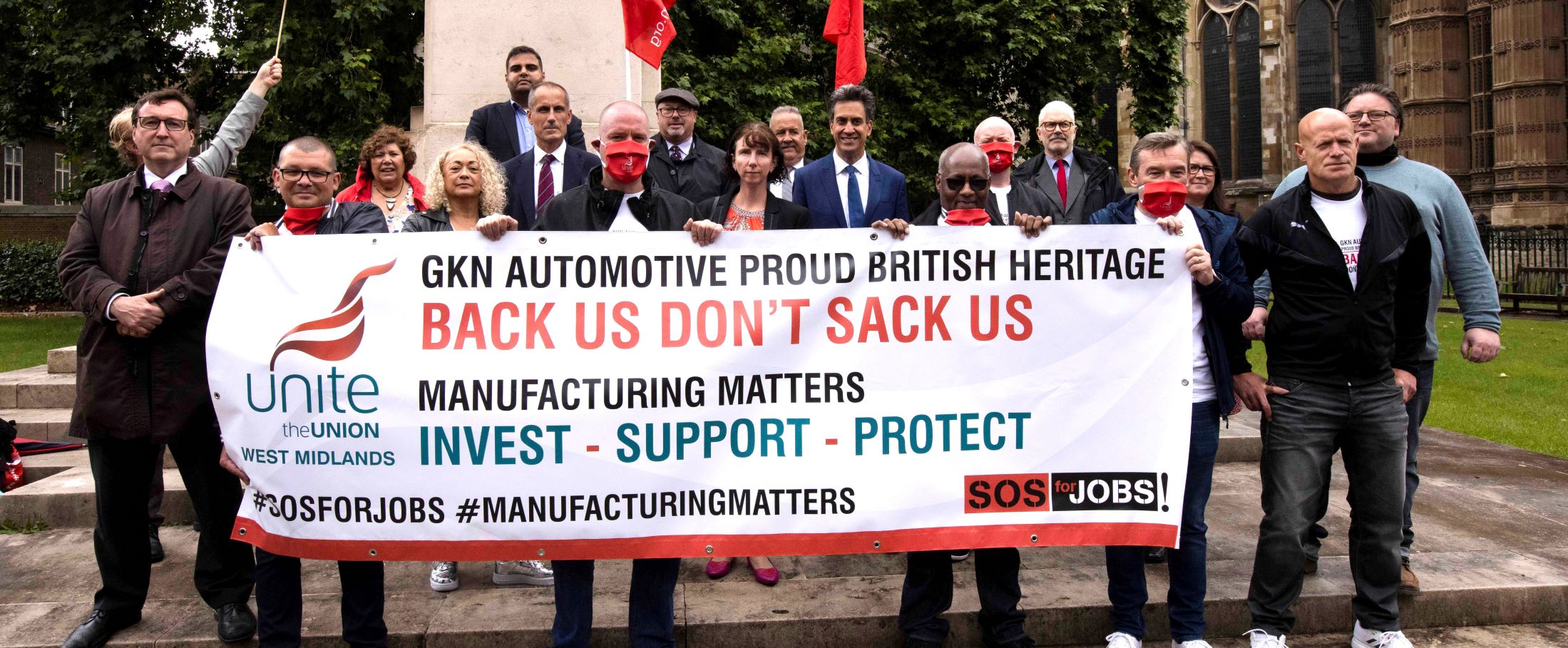How low can you go?
Go to any large grocery chain, and you may be pleasantly surprised to see the price of staples such as bread, eggs and milk slashed to record-low levels.
But the few pence you save signs the death warrant for small food producers all over the country.
Most recently, milk production giants Dairy Crest announced (September 22), that it would close two plants—a glass bottling plant in Hanworth, west London, and a cream potting plant in Chard, Somerset—which puts 261 jobs at risk.
“They just can’t compete”
The immediate reason for the plants’ closures is the fact that consumer demand for milk in glass bottles has fallen sharply.
In 1975, the proportion of milk put into glass bottles was 94 per cent, while in 2012, the proportion was just 4 per cent.
But falling consumer demand for the British tradition of doorstep-delivered glass bottled milk is the fallout of another insidious culprit – supermarket price wars.
In a cynical, short-sighted bid to compete, gluttonous supermarket chains such as Asda, Lidl and Tesco slash prices on already affordable items to bring in more customers.
These price wars have dropped the price of milk at their stores to just £1 for four pints, while dairy delivery prices are 79p a pint. As Unite national officer Matt Draper notes, “They just can’t compete.
“Companies, such as Dairy Crest, are being squeezed by highly competitive supermarkets and dairy farmers seeking a decent return for the milk they produce,” Draper added.
Job losses on the horizon
What, then, will the plant closures mean for the hard-working men and women of Dairy Crest?
Unite has said that the Hanworth glass bottling plant will affect 202 jobs, most of which are manual jobs in manufacturing and logistics. The Hanworth plant is anticipated to continue operating for another two years. The Chard plant will close in the second half of 2015 and will result in the loss of 59 jobs, and again will mostly affect manual workers in manufacturing. Other jobs affected will include engineering, managerial and laboratory jobs.
Dairy Crest has said that, following its decision to end glass bottling, production at its plastic bottling plants in Chadwell Heath, Foston and Revernside will be ramped up.
The dairy producer, which makes Cathedral City cheese and Country Life Butter among other dairy products, has told its 1,400 milk deliverymen and women that it would do its best to secure the future of its doorstep delivery business and their livelihoods.
Unite will now begin the consultation process with trade unions on the plant closures.
Draper said, “We will be working closely with Dairy Crest to mitigate the job losses that are a severe blow to our hard working and dedicated members and their families. We will be investigating whether employees can be relocated to other Dairy Crest plants.”
Pay a little more now, or pay much more later
But Dairy Crest job losses are just the tip of the iceberg as grocery chain price wars continue unabated.
A tactic that may save consumers money in the short-term, price wars will have the pernicious effect of squeezing the consumer in the long-term, as the Guardian recently explained.
This is because slashing prices means home-grown food producers, such as British dairies, can no longer profitably operate, which will inevitably translate into a reliance on foreign food imports.
The latest department for the environment, food and rural affairs (Defra) figures show the extent to which supermarket price wars have crippled the ability of our country to feed itself: in 1984, the UK had a food self-sufficiency level of 78 per cent, down to just 60 per cent now. Some experts contend that the self-sufficiency level may be even worse, as low as 50 per cent.
At the mercy of volatile foreign food markets, consumers, food producers and workers will all face an uncertain future in which basics like bread and milk—although cheap now—may become an out-of-reach luxury for most.
 Like
Like Follow
Follow
